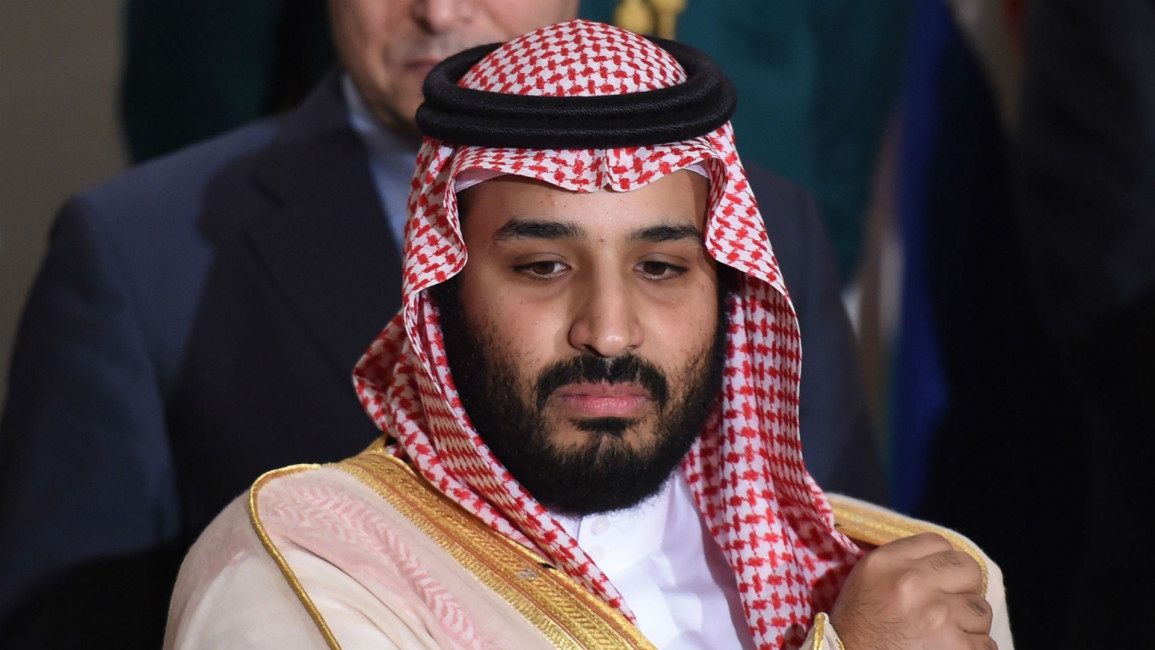Saudi Arabia plans $2 trillion megafund for post-oil era
Saudi Arabia plans $2 trillion megafund for post-oil era
Saudi Arabia's deputy crown prince has been cited by Bloomberg as saying that the kingdom was planning an economic transformation.
2 min read
The oil-rich kingdom is starting to envision a future economy less reliant on oil [AFP]
Saudi Arabia is preparing itself for the twilight of the oil age with a $2 trillion "megafund" that would be the world's largest sovereign wealth fund of its kind.
The kingdom's deputy crown prince, Mohammed bin Salman, revealed the plans in a five-hour conversation with US financial news outlet Blooomberg, which reported the news on Friday.
As part of the strategy that aims to wean the country off its reliance on oil, the prince also said that the nation would be selling off a limited number of shares in Aramco's parent company.
"IPOing Aramco and transferring its shares to PIF will technically make investments the source of Saudi government revenue, not oil," the prince explained.
"What is left now is to diversify investments. So within 20 years, we will be an economy or state that doesn't depend mainly on oil."
| Read more: Saudi oil analysts hit back at Trump's 'boycott' remarks |
These words of the 30-year-old, who oversees the country's finance, oil and economic ministries, will come as a surprise to much of the country's population who have become accustomed to generations of government handouts.
This news comes as the oil-rich kingdom is struggling to sell all of its oil, despite reaching record output levels. Fierce competition from rivals, including Iraq and Russia, have forced the country into a difficult position.
The kingdom's woes have not been made any easier by the current price of its most prized commodity, which remains 65 percent off its June 2014 peak price.
Currently, Saudi Arabia is looking to secure $6-8 billion in loans from lenders in order to address its $100 billion deficit.
This move has been accompanied by cuts to public spending and local subsidies that have long been part of the country's economic system.



